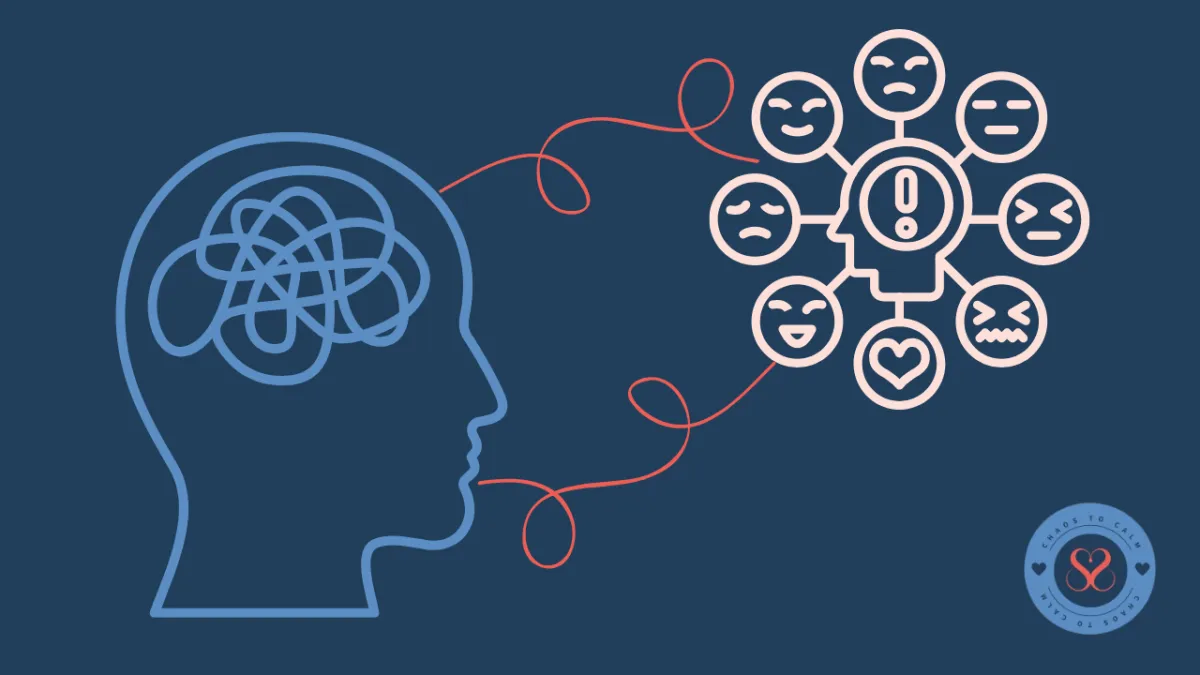
What Is BPD, Really?
What Is BPD, Really?
A gentle guide for mums trying to make sense of the chaos

If you’ve ever found yourself thinking,
“Why is everything such a drama?”, or, “She was fine this morning… what happened?”
You’re not alone.
When your child is up one minute, down the next, pushing you away and begging you to stay, it’s exhausting, confusing, and can feel like nothing you do is right.
And then someone mentions Borderline Personality Disorder, or you stumble across it in a late-night Google scroll. Suddenly, things start connecting, but the label itself?
It feels huge. Heavy. Scary.
So let’s start right there, together.
So… what is BPD?
Borderline Personality Disorder, often called BPD, is a mental health condition that affects how a person feels, thinks, and relates to others. But that phrase alone doesn’t really help, does it?
Let’s try it another way.
Imagine a child whose emotional world feels like a storm, intense, unpredictable, and overwhelming.
Now imagine they grow into a young adult… but they still feel the thunder rumble at the slightest change in weather.
That’s BPD. Or as many professionals are now starting to call it: Emotional Dysregulation.
It’s not attention-seeking. It’s a brain wired differently.
People with BPD often have brains that respond to emotional pain like a smoke alarm that goes off at the smell of burnt toast.
Small things feel massive.
Rejection feels like abandonment.
Sadness turns into despair within minutes.
It’s not “drama” or “manipulation”, it’s a nervous system in overdrive.
Their reactions are real, raw, and overwhelming, for them as much as for you.
The signs (you may recognise a few…)
BPD shows up differently in everyone, but many of us see common patterns in our young adults:
Intense mood swings, often without warning
A deep fear of being left or abandoned
Saying hurtful things, then begging you not to go
Struggling to keep friendships or relationships
Risky behaviours (drinking, self-harm, impulsive choices)
Feeling “empty” or numb
Struggling with their sense of self, “I don’t know who I am”
Sound familiar?
Why it’s so misunderstood
Let’s be honest, the name doesn’t help.
“Personality Disorder” sounds judgemental, even shameful. But the truth is:
BPD is a recognised mental health condition
It’s treatable
And it’s not a reflection of bad parenting, weakness, or failure
The name may need to change, but your compassion doesn’t.
So what now?
If your child has been diagnosed or if you suspect they might be struggling with emotional dysregulation, you are not alone.
It’s a lot. But you can learn how to support them and look after yourself.
Start with understanding. Keep reading. Keep learning.
Let this blog be your calm in the chaos — the first of many steps in a journey you don’t have to walk alone.
Next time:
“Why Is My Child So Emotionally Intense?"
We’ll look at how emotional dysregulation works and how you can respond with confidence and calm.
You’ve got this. And I’ve got you.
Your calm in the chaos,
Sami xx
